Our Unique Approach
Overview
EGAP is a global research, evaluation and learning network that promotes rigorous knowledge accumulation, innovation, and evidence-based policy in various governance domains.
EGAP promotes researcher-practitioner collaborations, develops tools and methods for analytical rigor, and trains researchers and practitioners alike, with an intensive focus in the Global South. EGAP members are designing and implementing field experiments throughout the world to address today’s most important questions in the fields of government and politics.
Governance & Applied Research
EGAP’s work addresses challenges of producing and sharing rigorous evidence on governance interventions to help make policy-relevant recommendations. EGAP is dedicated to generating and disseminating rigorous evidence on topics of governance, politics, and institutions. EGAP seeks to forge partnerships between researchers and practitioners to advance evidence-based policy making and improve the quality of empirical research in the social sciences.
Global Membership

EGAP’s global network is composed of 300 researchers across social science disciplines, practitioners of governance innovations, and policy makers interested in policy-relevant research. EGAP members represent 38 countries, and 40% of EGAP members are women. 21 out of the 48 institutional members are organizations based in the Global South.
Meetings & Policy Events
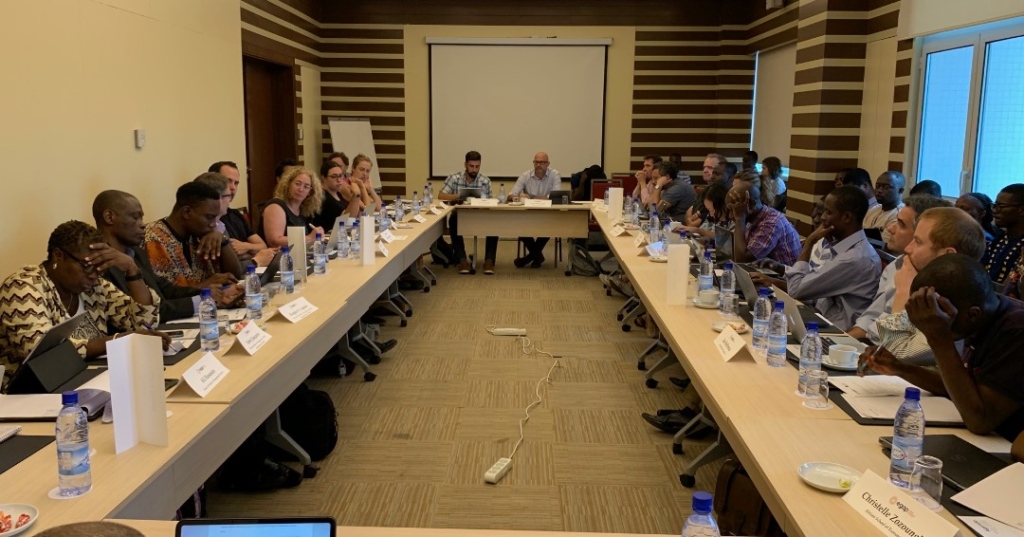
At EGAP’s triannual meetings, researchers and practitioners give and receive feedback on cutting-edge research designs and paper, and forge researcher-practitioners partnerships to address pressing questions. Since 2009, EGAP has organized 34 meetings in 15 countries. Since 2020, EGAP has held 75 online feedback sessions.
Policy Briefs
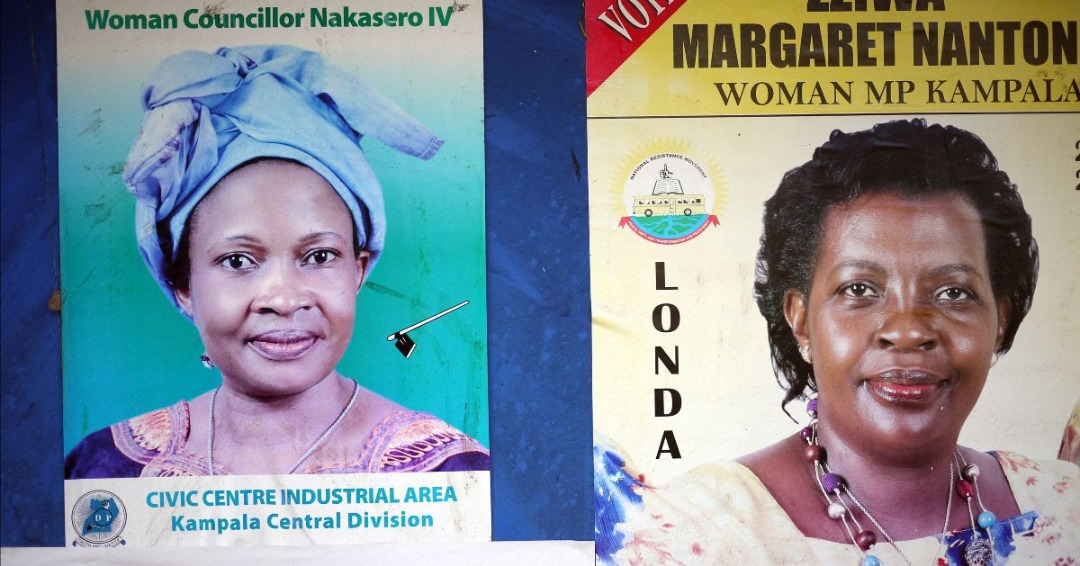
Results from members’ research are shared with policymakers, NGOs and development agencies through EGAP’s Policy Briefs series. These briefly summarize research and help make the research accessible to policymakers and organizations. EGAP has disseminated over 80 policy briefs highlighting policy relevant research since 2014.
Priority Themes
EGAP is currently focused on advancing our understanding on interventions of four priority themes: Crime Reduction & Policy Accountability; Displacement, Migration, & Integration; Climate Change Governance; and Democracy, Conflict, & Polarization. These priority themes, which are tied to critical current global issues, serve as a focal point for bringing together members whose work and/or research relates to the topic, in order to discuss issues and questions at the forefront of the field and contribute to a concrete research agenda.
Seminar Series

EGAP’s new seminar series based on the four priority themes focuses on intervention research and highlights examples of researcher-practitioner collaboration in testing interventions.
Priority Theme Spotlight

The Priority Theme Spotlight blog series features short interviews with EGAP researchers and their implementing partners, where they discuss recent research related to one of the priority themes.
Research Grants

EGAP awarded 12 research grants addressing one of the priority themes to support Global South-based researchers in 2021. Principal investigators from the Global South carried out quantitative fields studies in 11 different countries.
Regional Hubs
EGAP seeks to expand its capacity for global research exchange through the establishment of regional hubs. Under this model, EGAP’s activities will allow for locally rooted researchers and practitioners to identify local priorities, set the research agenda, share knowledge and foster collaboration across regions. The regional hubs will serve two functions: 1) replicate EGAP’s global work on a regional level in order to make EGAP’s model of collaborative research available to more participants and 2) function as hubs for interregional exchange.
Latin America Regional Hub
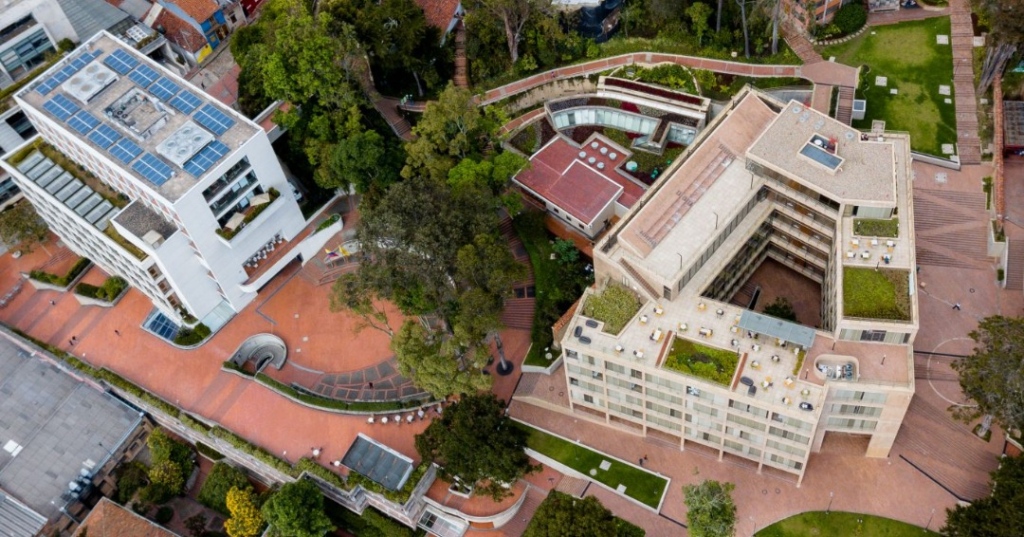
The Latin America Regional Hub was established in 2021 in alliance with the Universidad de los Andes in Bogotá, Colombia. The regional hub organized Learning Days workshops in Fall 2021 and Fall 2022. The workshop supported researchers, practitioners, and implementing partners in the design of their experimental work on migration and forced displacement in Latin America.
West Africa Regional Hub

The West Africa Regional Hub was established in early 2022 in alliance with Le Centre de Recherche et d’Action pour la Paix (CERAP) located at the Université Jésuite in Abidjan, Côte d’Ivoire. As a regional hub, CERAP will serve as a gateway for both Francophone and Anglophone African researchers and practitioners to become involved in EGAP’s broader set of activities and special initiatives.
Pedagogy & Training
EGAP has fostered the development of a global experimental research community through its Learning Days workshops, intensive experimental methods trainings aimed at junior and future principal investigators based in the Global South to carry out applied research on governance interventions. EGAP is sharing the Learning Days curricula in multiple languages and funding promising research designs from the Learning Days workshop participants as well as other Global South research scholars.
Learning Days Workshop
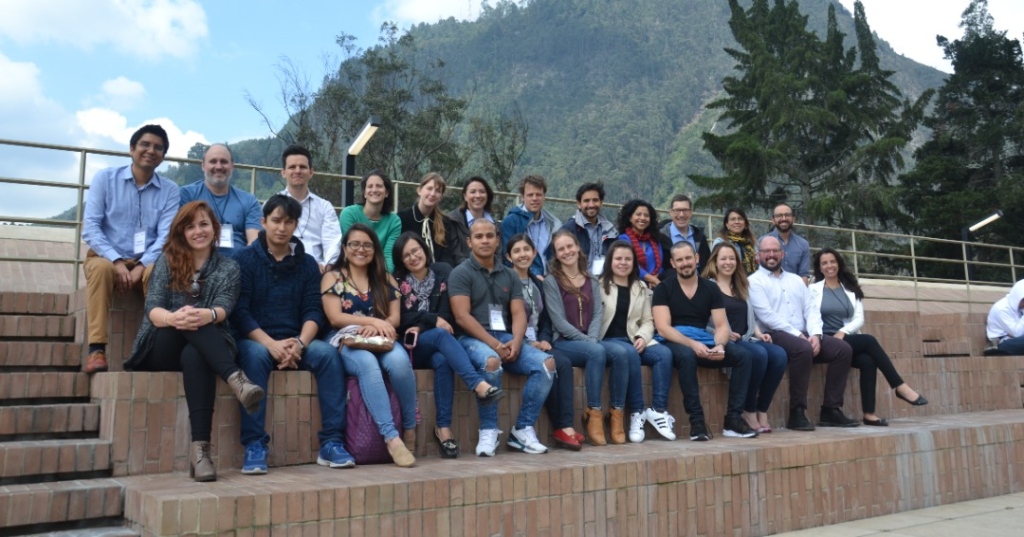
EGAP Learning Days workshops are intensive experimental methods workshops designed to strengthen the capacity of principal investigators based in the Global South, with a long-term goal of producing more high-quality research on governance and development. Since 2015, 168 Global South researchers and practitioners from 31 different countries have participated in these workshops.
Learning Days Book
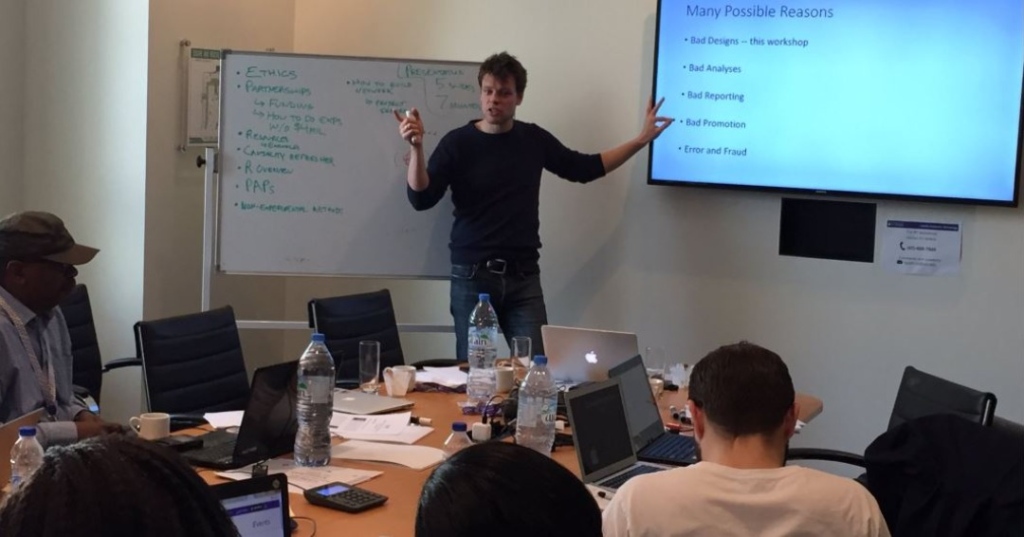
EGAP members, Jake Bowers, Maarten Voors, and Nahomi Ichino produced an online book, The Theory and Practice of Field Experiments: An Introduction from the EGAP Learning Days in 2021. The book serves as a resource that EGAP members, workshop alumni, and others can use to organize their own workshops or refresh their training. The book is available in both French and Spanish.
Research Grants
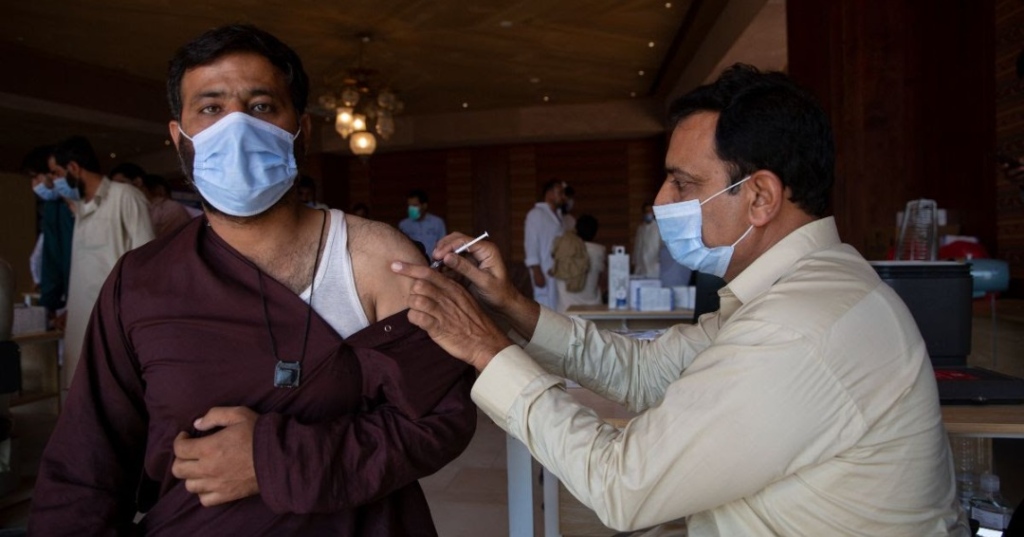
EGAP has awarded 22 grants since 2021 for quantitative field studies in 15 different countries in Asia, Latin America, and Sub-Saharan Africa addressing one of the four priority themes or the COVID-19 pandemic. These grants awarded to principal investigators from the Global South seeks to strengthen the capacity of early-career Global South scholars.
Knowledge Accumulation
EGAP is trying to tackle the challenge of external validity of social science research in part by getting the incentives right to attract the best researchers and practitioners to contribute to a collective endeavor that identifies critical areas where generalizable knowledge can have a large impact. The Metaketa Initiative is a collaborative, multi-site research model designed to foster knowledge accumulation and produce cumulative policy-relevant research.
The Metaketa Initiative takes a major question of policy importance for governance outcomes, identifies an intervention that is tried, but not tested, and implements a cluster of coordinated research that can provide a reliable answer to the question. There are currently five Metaketa rounds – a round is a group of research projects studying the same topic – comprised of five to six studies each, for a total of 29 studies in 18 different countries. Projects in each round collaborate closely with the goal of maximizing the consistency of designs, interventions, and outcome measures across studies.
Metaketa Rounds
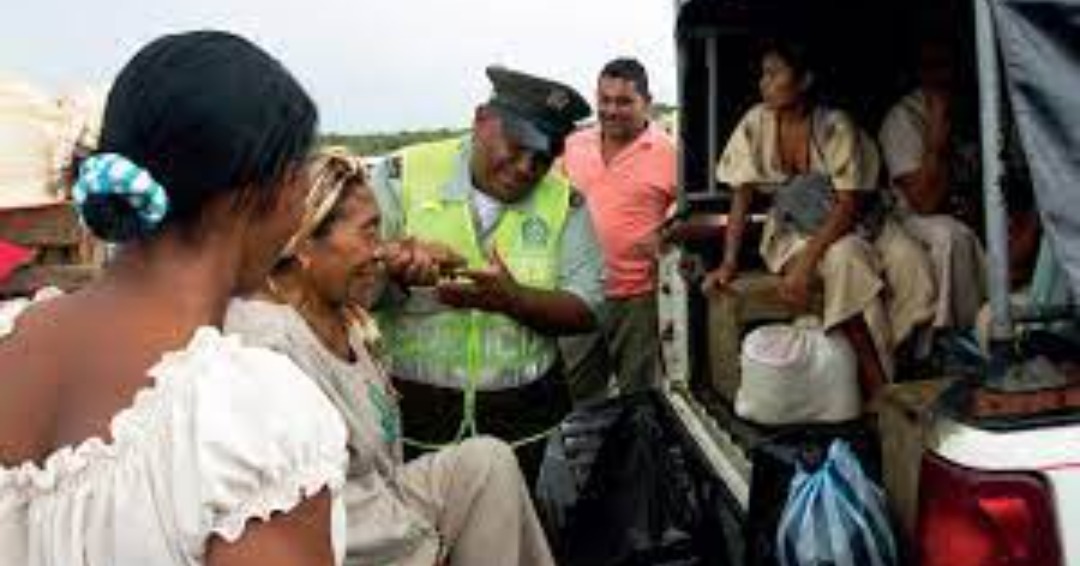
Ethics & Transparency
EGAP’s goal is to raise the standards of research through ethics as they relate to field experimental research and innovation to increase the transparency and credibility of research findings. EGAP supports transparency in social science research through its design registry, by encouraging researchers to register pre-analysis plans, which is an increasingly important part of rigorous research practices.
EGAP Registry

The EGAP Design Registry gives study authors an opportunity to document their research questions and evaluation plans ahead of conducting their analysis. EGAP completed its transition to the Center for Open Science’s OSF Registry in 2021. This collaboration was entered into to increase the sharing of accurate and transparent information on research projects.
Peer Response Tool
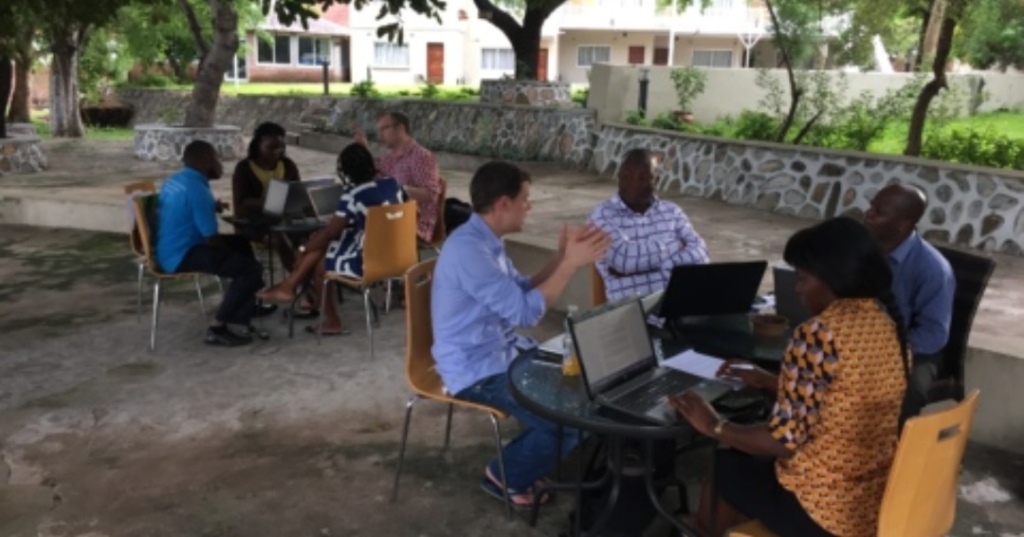
The EGAP Peer Response Tool is a virtual mechanism for rapid research design feedback, and allows for within-network support of experimental designs on an ongoing basis. This tool serves as a compliment to the EGAP meetings. Whenever an EGAP member initiates a request, the committee takes turns organizing and facilitating discussions with members in similar areas of study.